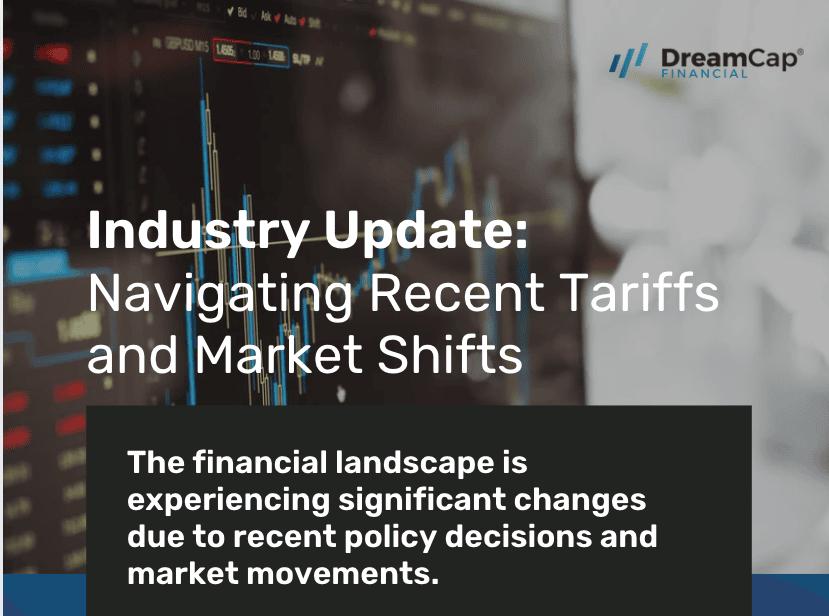The Financial Landscape: What’s Happening & What It Means for You

The financial world is experiencing major shifts this month, with new tariffs, regulatory shake-ups, and investment industry changes making headlines. Whether you're an investor, a business owner, or simply planning your financial future, understanding these developments can help you navigate potential challenges and opportunities.
Trump’s New Tariffs & Market Reactions
Former President Donald Trump has implemented new tariffs, placing a 25% tax on imports from Canada and Mexico and a 10% tariff on Chinese goods. This move has reignited concerns of a global trade war, with Canada and Mexico responding with retaliatory tariffs. The uncertainty has led to increased market volatility as investors reassess risks.
Stock markets have reacted negatively to these announcements, with major indices experiencing declines as concerns over trade disruptions grow. The U.S. dollar has strengthened, while the Canadian dollar and Mexican peso have weakened, reflecting investor uncertainty over how these tariffs will impact international trade and business profits. Additionally, supply chain disruptions are becoming a growing concern, particularly for businesses that rely heavily on imported goods. Rising costs could ultimately be passed down to consumers, leading to potential price increases on a range of products.
Key Regulatory Changes: A Shift in Oversight
In addition to the new tariffs, a major regulatory shake-up has taken place. Trump has dismissed Rohit Chopra as the head of the Consumer Financial Protection Bureau (CFPB), appointing Scott Bessent as the new acting director. This decision signals a shift towards a more industry-friendly regulatory environment, with potential implications for financial institutions and consumers alike.
With reduced regulatory oversight, banks and lenders could benefit from looser restrictions, potentially leading to increased credit availability and business expansion. However, this shift may also reduce consumer protections, making it more important than ever for individuals to stay informed about lending practices and financial policies. Investors in banking and financial sector stocks should closely monitor how these regulatory changes unfold, as they could lead to significant shifts in the industry.
Investment Fee Cuts: A Win for Investors?
In a move that benefits investors, Vanguard has announced significant fee reductions across 87 of its funds, including both index trackers and actively managed portfolios. This change is expected to save clients an estimated $350 million in 2025 and could set off a competitive response from other investment firms looking to attract and retain investors.
Lower investment fees mean higher long-term returns, making this an ideal time for investors to review their portfolios and consider whether their current funds offer the best value. Those investing in mutual funds or ETFs should check whether their holdings are benefiting from these fee reductions, and if not, consider switching to lower-cost alternatives.
Final Thoughts: How to Navigate These Changes
As the financial landscape continues to shift, it’s crucial to stay informed about policy changes and market reactions. If you are an investor, now is the time to assess whether tariff-related market fluctuations create buying opportunities or risks. If you are a business owner, considering alternative supply chain strategies could help mitigate potential cost increases. For everyday consumers, understanding changes in lending regulations and investment fees can help you make smarter financial decisions.
For more in depth takes check out these articles:
The Guardian: US Stock Markets Hit by Trade War Fears
MarketWatch: Investors Wade Into Bank Debt as Key Regulator Is Replaced
